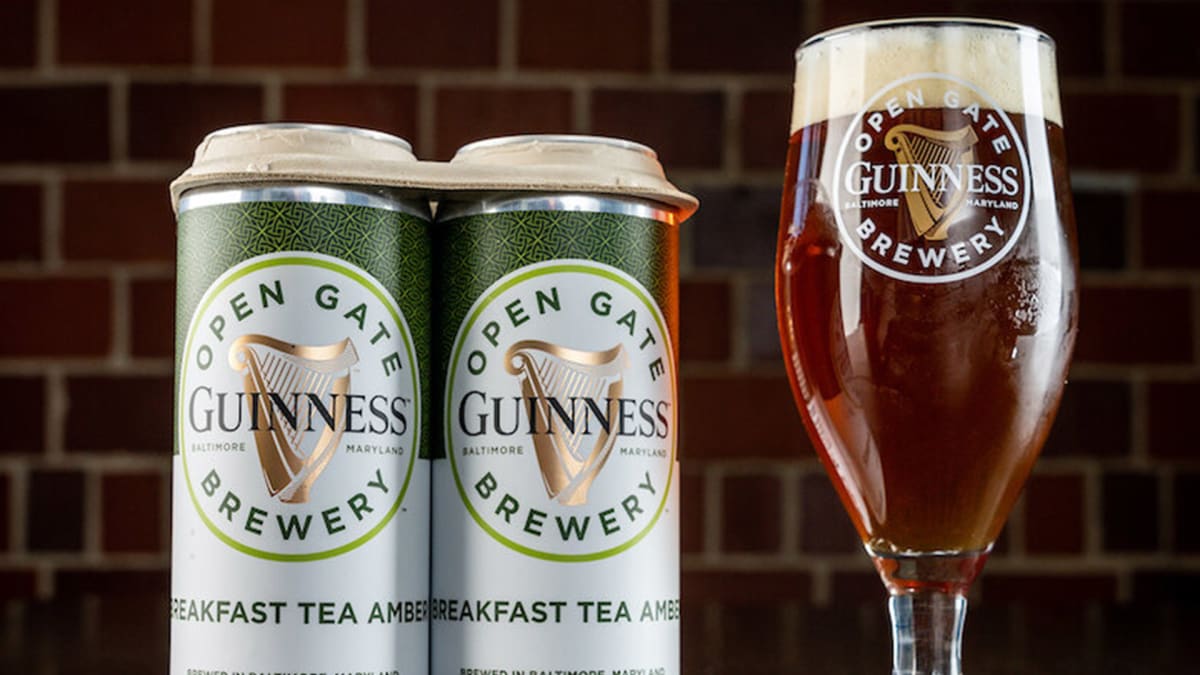
While the risks between cancer and moderate alcohol consumption are not as well-established as they are for smoking, Irish consumers will soon have to read a cigarette-style warning label every time they buy a bottle of beer or enter a bar.
At the end of May, the European country's parliament approved new rules that would require "comprehensive health labeling of alcohol products" regarding everything from alcohol dependence and cancer risks to calorie content.
DON'T MISS: Could Constellation Brands Be Facing Further Declines?
The new law is set to come into effect by May 2026 and would affect both the product makers and establishments that sell them — bars and pubs will also need to display clear signage warning about the risks of alcohol consumption.

Getty Images
Here's How Liquor Companies Reacted to Ireland's Extensive Alcohol Labeling Change
The change is, predictably, not going over well among both local and international alcohol producers. As first reported by Bloomberg, the European Committee of Wine Companies called it an "unjustified and disproportionate barrier to trade."
Spirits Europe, which represents names like Campari (DVDCF) and Bacardi as well as Ireland's iconic Guinness beer brand (presently owned by (DEO) Diageo), also said that the new law creates a "disproportionate trade barrier [that] would make it considerably more complex and more expensive for non-Irish producers and distributors."
Along with industry representatives, EU members with long histories of wine production such as France and Italy as well as outside countries including the U.S., Canada, Argentina and Australia have all expressed warnings over how the law would affect export of their alcohol products into Ireland.
While many of these countries have some form of warning label on alcohol products, they criticized the "alarmist" nature of the required wording as well as drawing a direct connection to cancer.
"It creates a harmful precedent for the free movement of products in the various member states of the European Union," nine European Union countries wrote in a letter to Irish Parliament obtained by Bloomberg News.
Irish Health Minister Gives the Drinks Industry 'a Flat No'
Local officials, meanwhile, have been steadfast in defending the new rules given the country's high rates of alcohol-related health problems — while drinking rates have plateaued in recent years, reports from the World Health Organization (WHO) found that the country has some of the world's highest rates of binge drinking while nearly 15% of the population had some sort of alcohol use disorder.
"The vast majority of people are not aware of these risks," Ireland's Health Minister Stephen Donnelly said to national broadcaster RTÉ. "If the industry is saying, 'will you not just wait a little bit longer,' the answer is a flat no."
Accusing industry leaders of downplaying the medical research, Donnelly also said that he expects this type of label to become "the norm" in the coming years and decades.
Over the years, there have been conflicting medical findings around the health benefits of small amounts of red wine or other lighter spirits — the most up-to-date consensus is that no amount of alcohol is "healthy" but the social benefits of consuming small quantities with family or friends can help some with quality of life and social connection.
In February 2022, the European Union shot down a proposal for wine bottle labels calling excessive drinking "harmful" for ones that encourage "moderation."
Sign up for Real Money Pro to learn the ins and outs of the trading floor from Doug Kass’s Daily Diary.







